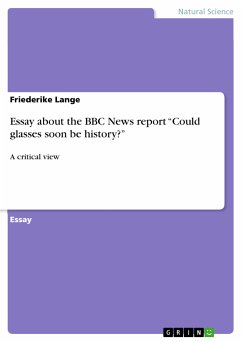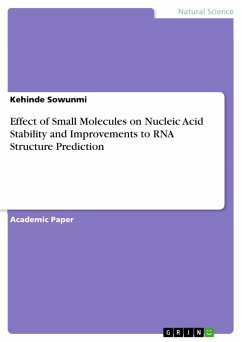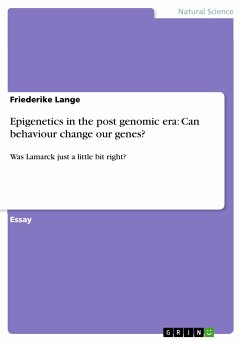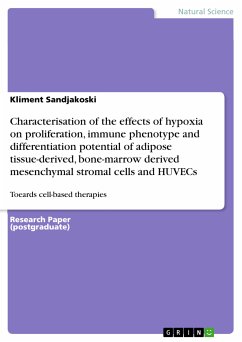Essay from the year 2010 in the subject Biology - Genetics / Gene Technology, grade: A5, University of Glasgow (Biology - Genetics), course: Genetics BA - Level 3, language: English, abstract: On the 14th of September 2010 a report was published in the BBC News Magazine by Tom Geoghegan1, in which the content guarantees to change the standard of living of many people. With the eye catching headline “Could glasses soon be history?” it attracts the attention of many readers, especially of those who wear spectacles. It tells about new research by scientists, who discovered a gene which has the potential to cause short-sightedness, however the report describes the scientific background regarding this discovery in a more superficial manner. It holds its main focus of attention on the way in which glasses are integrated in our society nowadays. It mentions briefly why in times gone by it was very unlikely for people to wear glasses, how people were teased by needing glasses. Nowadays they are more accepted and have become a kind of accessory. So even if someone does not need to wear glasses, they do it anyway. In taking this focus the articles attention is off the point, it overshadows the science behind the topic “short - sightedness and its genetic cause”.








